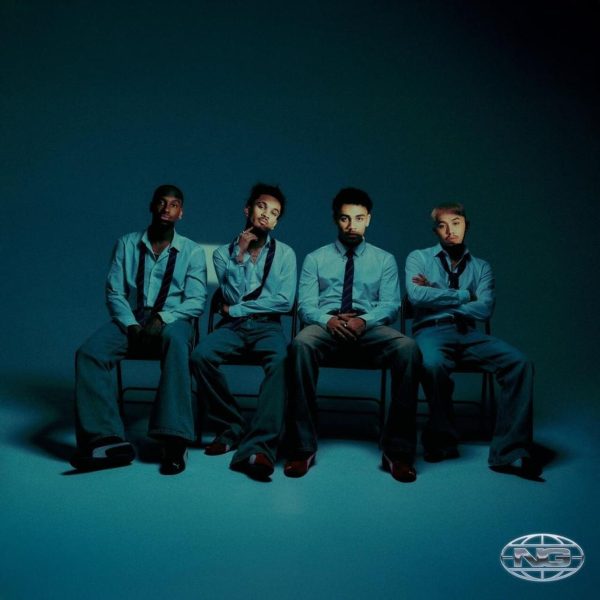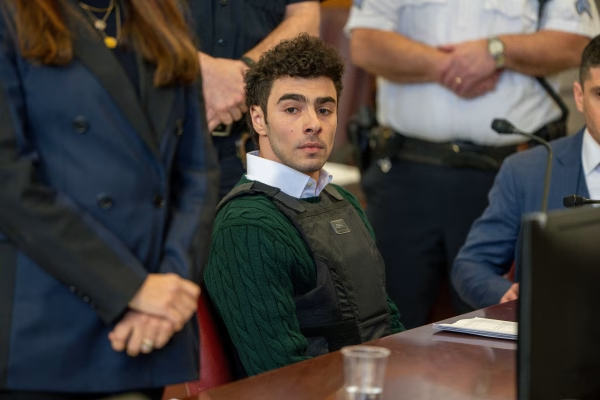Speakers discuss promoting peace in various fields at symposium
Students and staff gathered Nov. 25 inside the McCoy Meetin’ House for the Promoting Peace Symposium, an event hosted as part of Park University’s International Education Week. The symposium focused on the relevance of promoting peace in various academic disciplines.
Judi Estes, assistant professor of education began by speaking on promoting peace through education, highlighting the importance of training children to cultivate peace through nonviolent communication.
“The focus is on the concept that if we teach children to adopt peace-related values and practice them,” she said, “as they grow into adults, they will have a skill base to modulate their emotions and to find what ways to manage conflict in a nonviolent way.”
A program that currently has adopted this model of peace education is the “Be Peace” program in Costa Rica, whose mission is to create a world where every person practices the art of connection and passes it on to the next generation.
Founded in 2004, this program has trained over 1,500 teachers who have impacted over 40,000 students. Currently, all fifth-grade students in Costa Rica are required to go through “Be Peace” training, developing tools to cope with and manage conflict in their own lives and to resolve conflicts with one another.
Stephen Bell, professor of economics followed with a presentation titled “The Economics of Peace,” addressing the topic of nonviolent conciliation throughout history.
Focusing on the Cuban Missal Crisis of 1962, he discussed nonviolent means of diffusing potentially violent situations and using that technique today.
“We have to learn from history,” he said, “because a lot of it is economically driven. It’s harder to be enemies if you’re in business together. The countries that pose the greatest threat to peace are very isolated. It is better in my opinion to promote peace by promoting trade among nations.”
Steven Youngblood, director of the Center for Global Peace Journalism and assistant professor, concluded the presentations by discussing the role of media in promoting peace.
“Media do have a long legacy of being sensational and inflammatory,” he said, “and do a good job of panicking people. Ebola, for example.”
He addressed the responsibility the media has in reporting, different cases of the media enflaming violence, the media dividing the country racially and politically and discussed an alternative method of reporting: peace journalism.
Peace Journalism is when reporters and editors make choices that can create an atmosphere conducive to peace, being thoughtful of the words and images used, as well as how an issue is framed.
“At the core,” he said, “peace journalism is about considering the consequences of our reporting.”
The basic principles of peace journalism include: uniting rather than dividing parties, delivering balanced information, and offering counter-narratives of issues.
After the presentations, a question-and-answer was held, allowing the audience to address the speakers.
Chile Roldan, a junior in the social work program at Park University, addressed the topic of peace on campus, and his admiration of the many different cultures represented at Park.
“This country was built on differences,” he said. “I love learning about different cultures. I don’t judge anybody for what they are.
Your donation will support the student journalists of Park University. Your contribution will allow us to cover our annual website hosting costs, freeing up other funds for equipment, printing and training.






